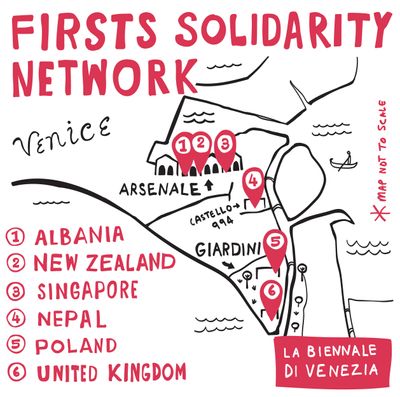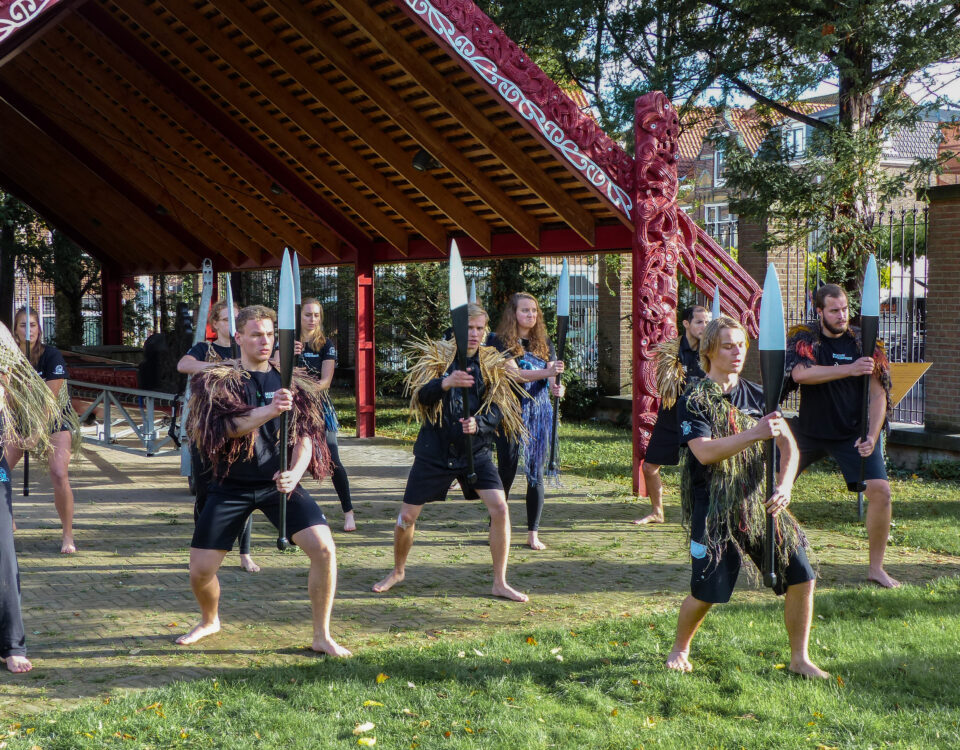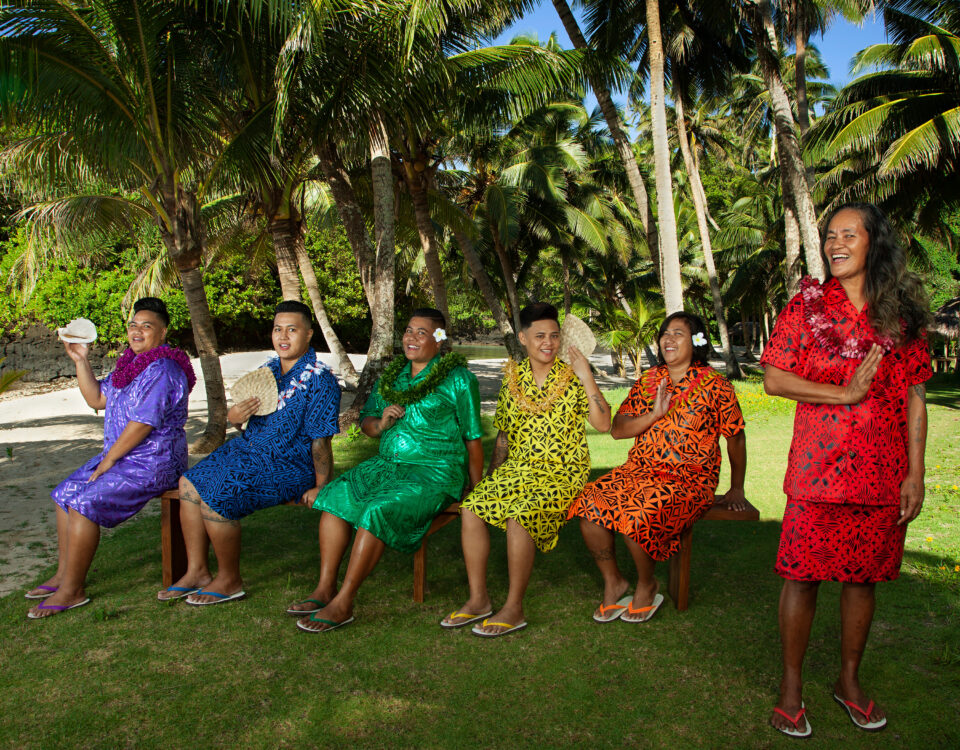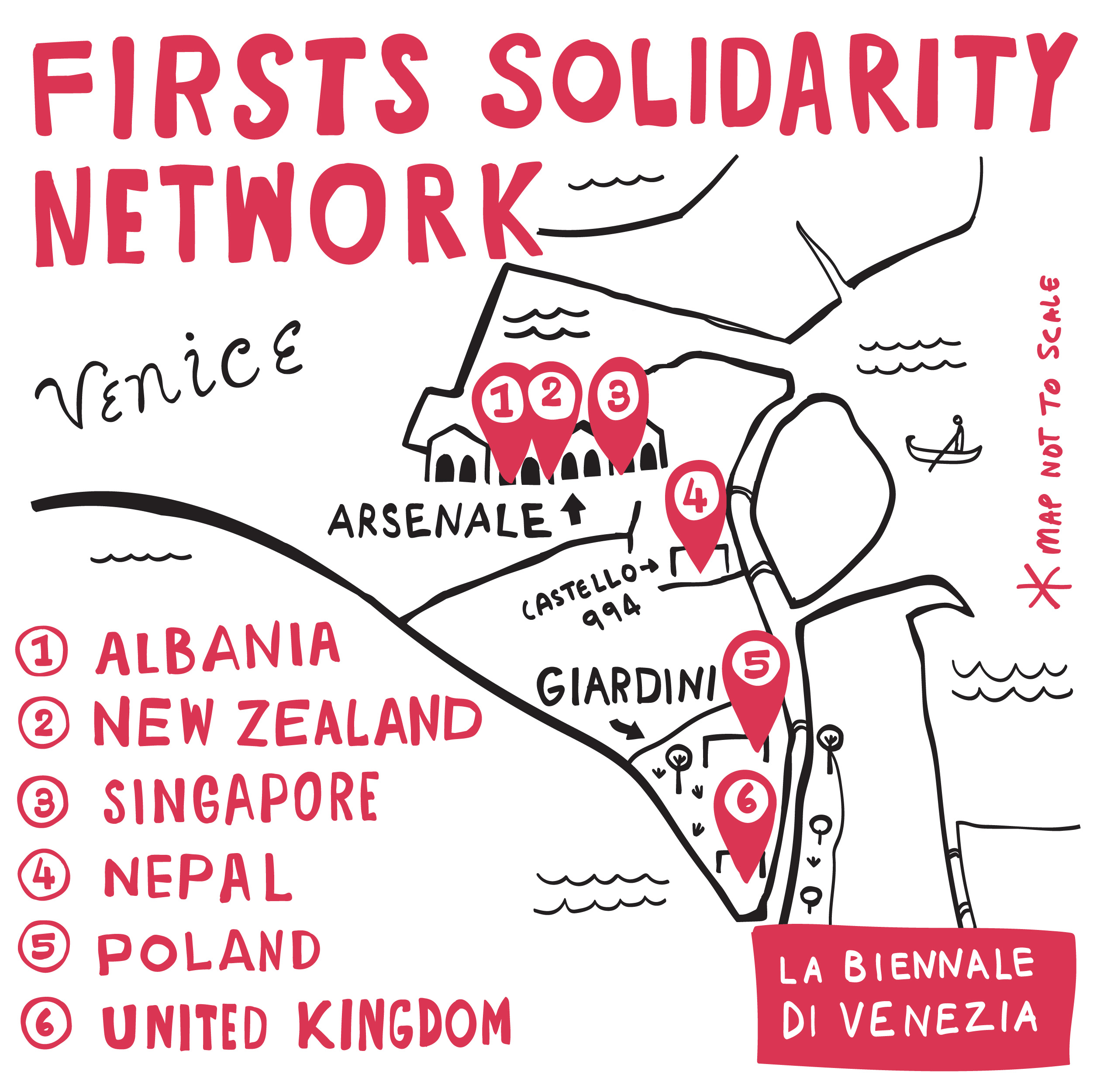
Firsts Solidarity Network of Venice pavilions to highlight a turning point in artistic representation
April 3, 2022
Virtual Opening: NZ Pavilion at the Venice Biennale
April 4, 2022Yuki Kihara Launches Solidarity Network for Artists at Venice Biennale (Ocula interview)
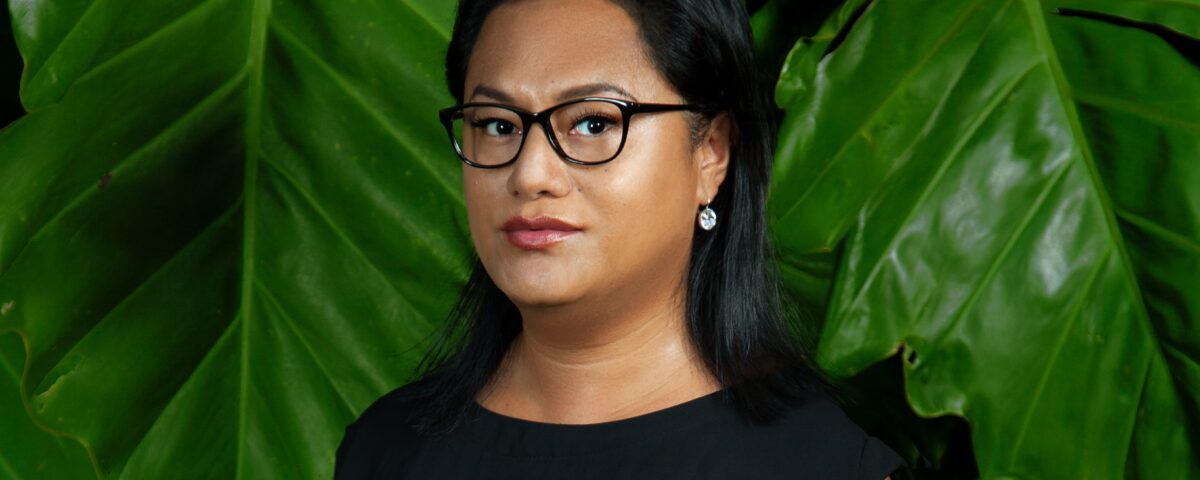
Yuki Kihara by Evotia Tamua
Kihara conceived the Firsts Solidarity Network after becoming the first Pasifika, Asian, and trans artist to represent New Zealand at the event.
The New Zealand Pavilion today announced the launch of the ‘Firsts Solidarity Network’, which seeks to support artists and pavilions making historic breakthroughs at the 59th Venice Biennale. The idea was conceived by Yuki Kihara, who will represent New Zealand in Venice.
‘The Firsts Solidarity Network came about when I became the first Pasifika, Asian, and Faʻafafine/trans artist to represent Aotearoa New Zealand,’ Kihara told Ocula Magazine.
‘In the New Zealand context, the official announcement of my selection was an historical moment in our country where the glass ceiling was finally shattered,’ she continued. ‘The Pasifika arts community was finally being recognised when New Zealand was reckoning with its colonial past with Pasifika peoples and their home islands across the Moana Pacific region.’
The Firsts Solidarity Network includes: Lumturi Blloshmi as the first female artist to represent Albania, Sonia Boyce as the first Black woman to represent Great Britain, Małgorzata Mirga-Tas as the first Roma artist to represent Poland (or any other country at the Biennale Arte), artist Shubigi Rao and curator Ute Meta Bauer as the first female team to represent Singapore, and Tsherin Sherpa, who is showing at the Biennale’s first ever Nepal pavilion.
In total, five countries are participating in the Venice Biennale for the first time—Cameroon, Namibia, Nepal, Oman, and Uganda. Additionally, Kazakhstan, Kyrgyzstan, and Uzbekistan will have their own pavilions for the first time.
Kihara said she was motivated to reach out to artists from other countries after hearing Natalie King, curator of the New Zealand Pavilion, share her experience with the Australian Pavilion in 2017.
‘Many national pavilions were operating in a silo of non-disclosure, hardly any interaction or communication with each other,’ Kihara said. ‘So, the Firsts Solidarity Network helps break the ice for us to come together as a community within the Venice Biennale and share audiences as we plan to produce a map to build an itinerary across our respective pavilions.’
In a similar spirit, Estonia will take over the Dutch pavilion, and Tomo Savić-Gecan will represent Croatia with an exhibition that’s distributed across other national pavilions. His work uses an algorithm based on news headlines to select the location, movements, and frequency of performances.
Kihara said the Firsts Solidarity Network would provide support in myriad forms, from lending tools and checking on progress during installation to advice and camaraderie.
‘I’m looking forward to the informal gathering for the Firsts Solidarity Network held a week before the official opening of the Venice Biennale at Ocean Space so we can finally meet each other in person after so many zooms before we all go back to the grind of preparing our respective exhibitions,’ Kihara said. —[O]

